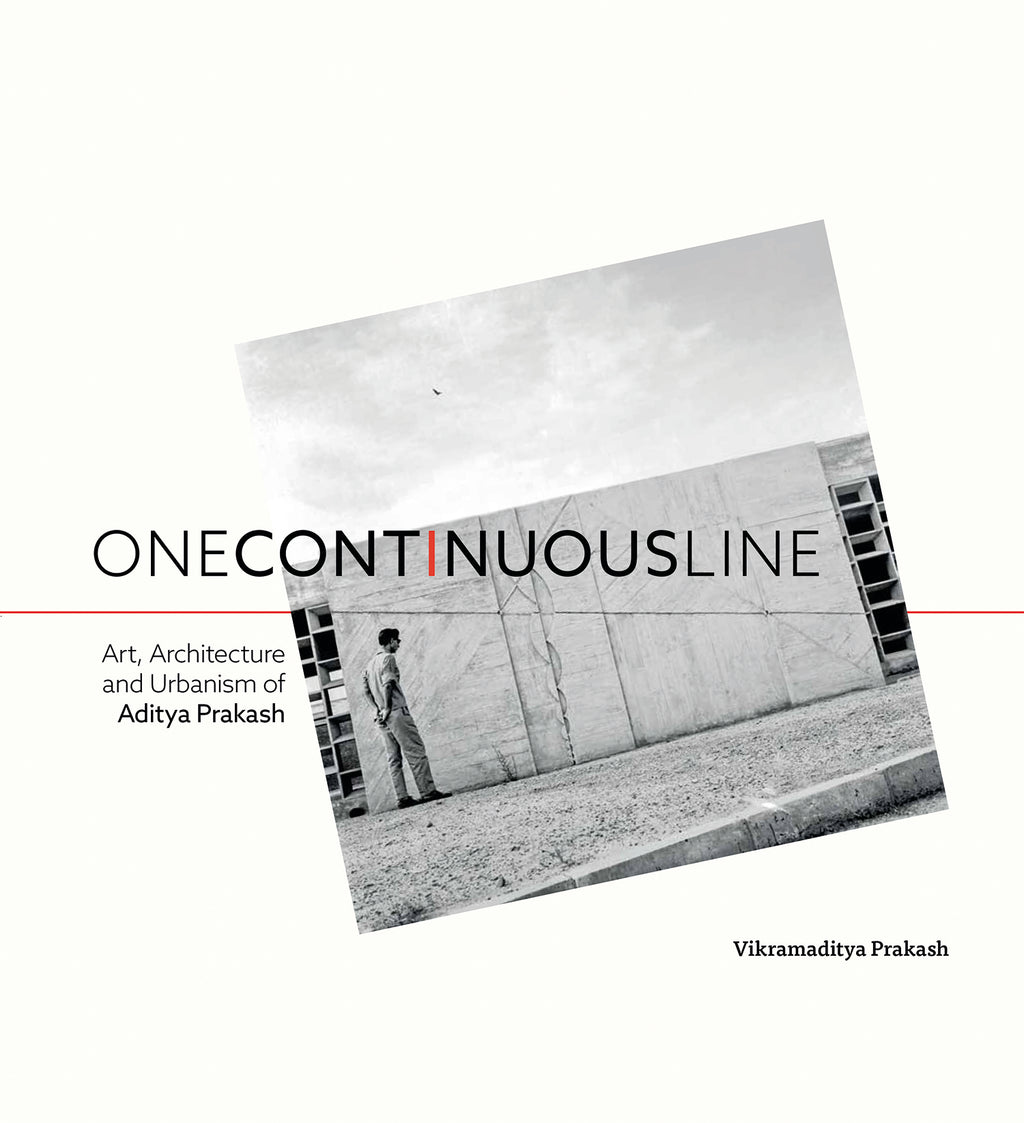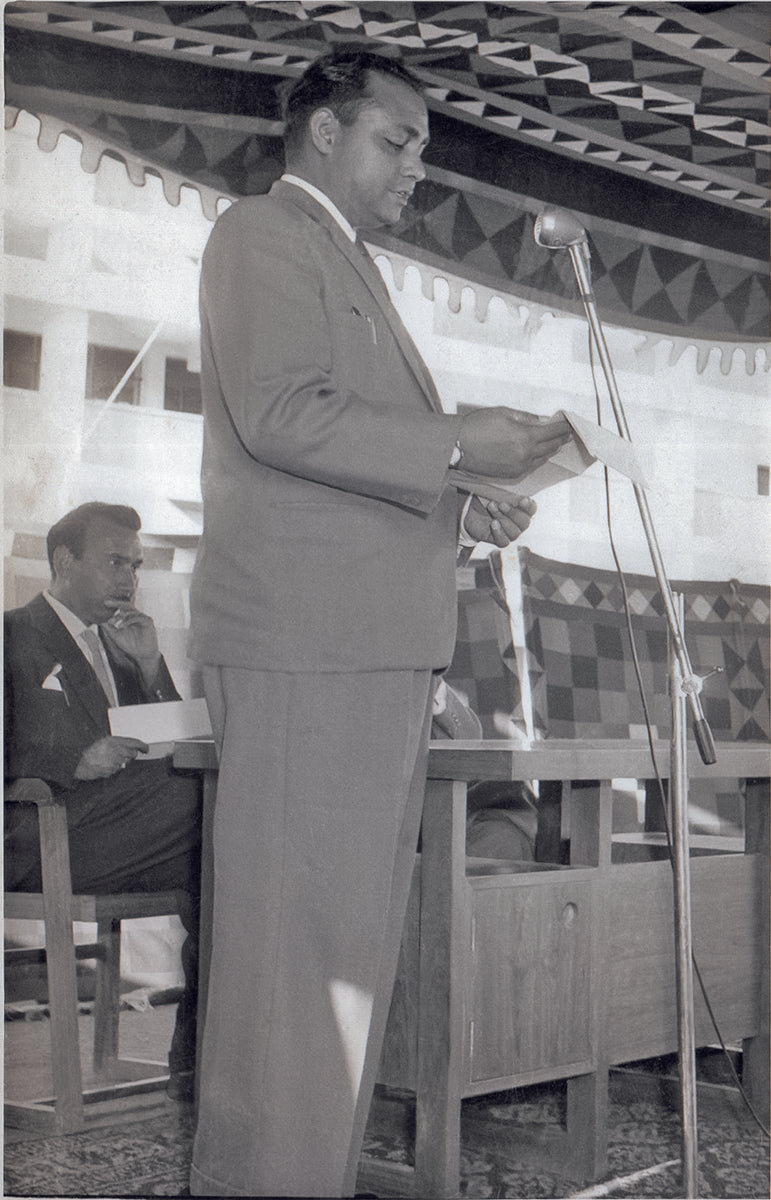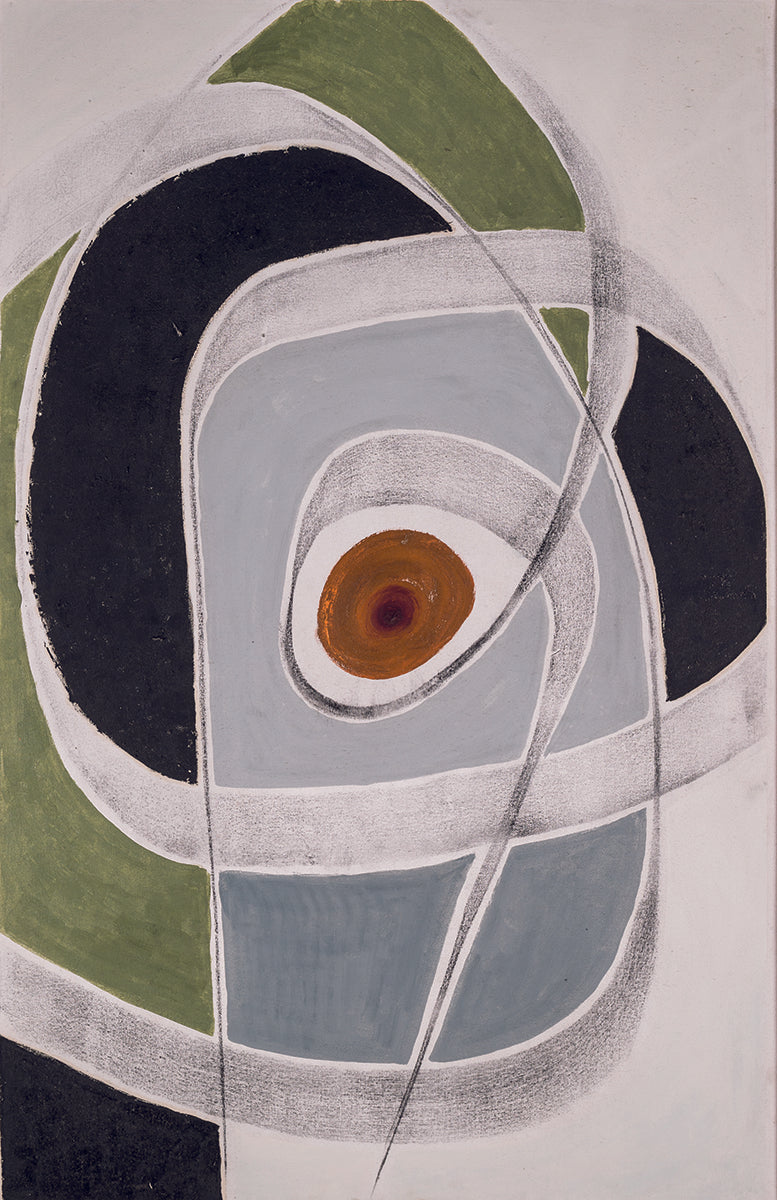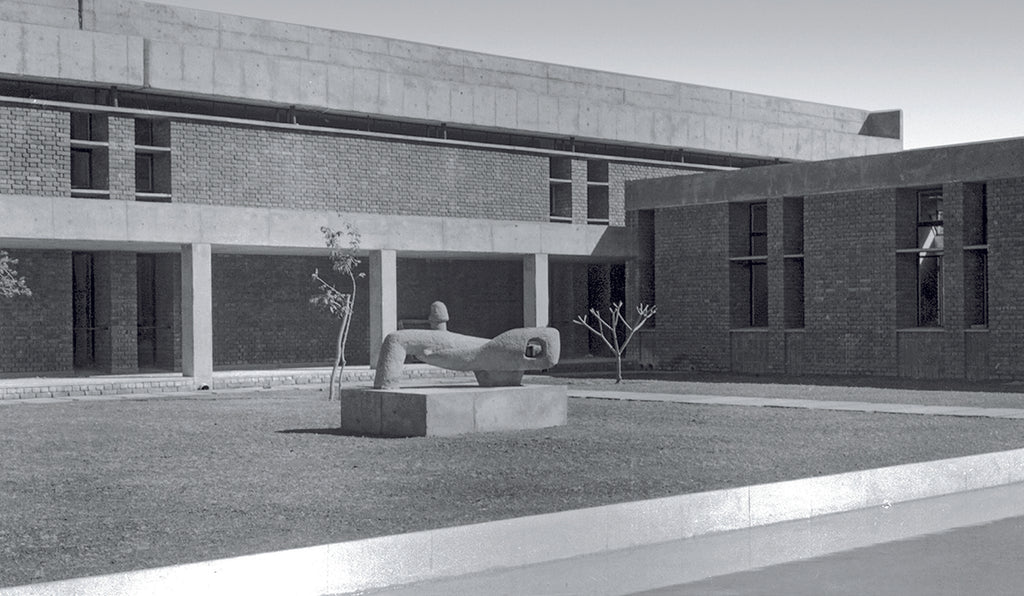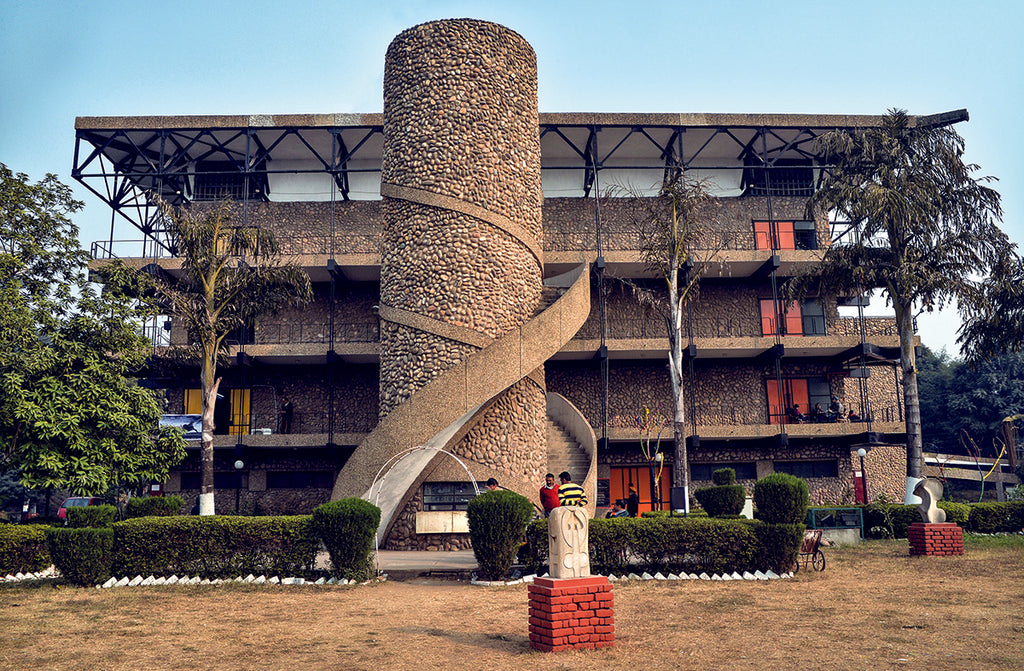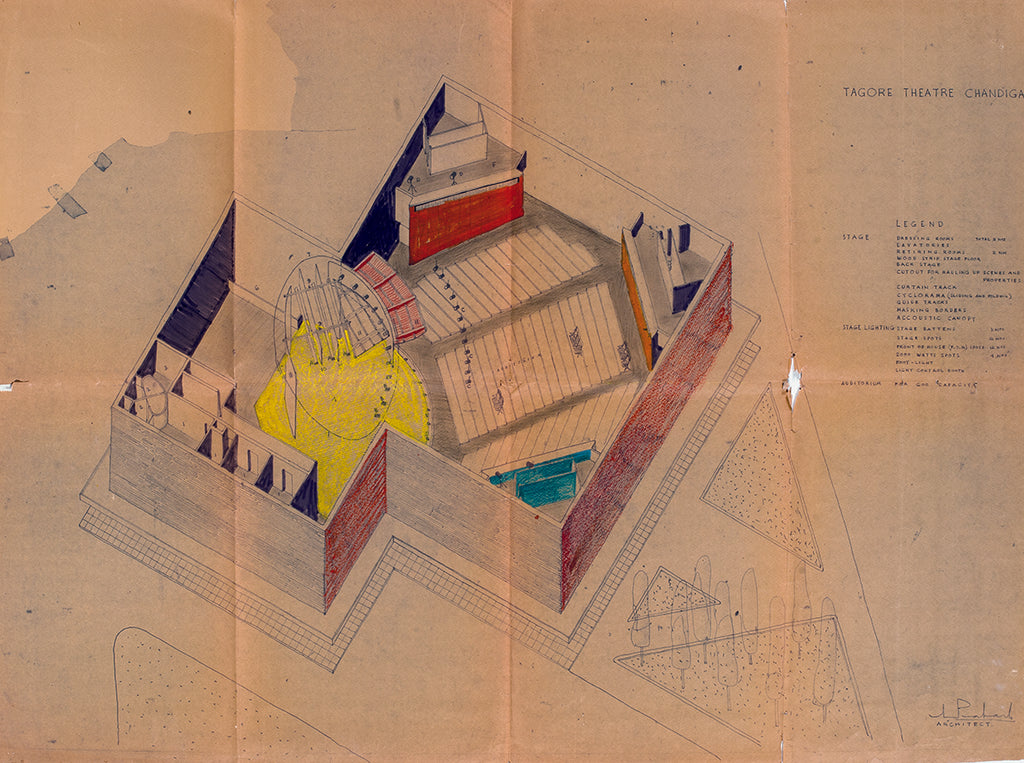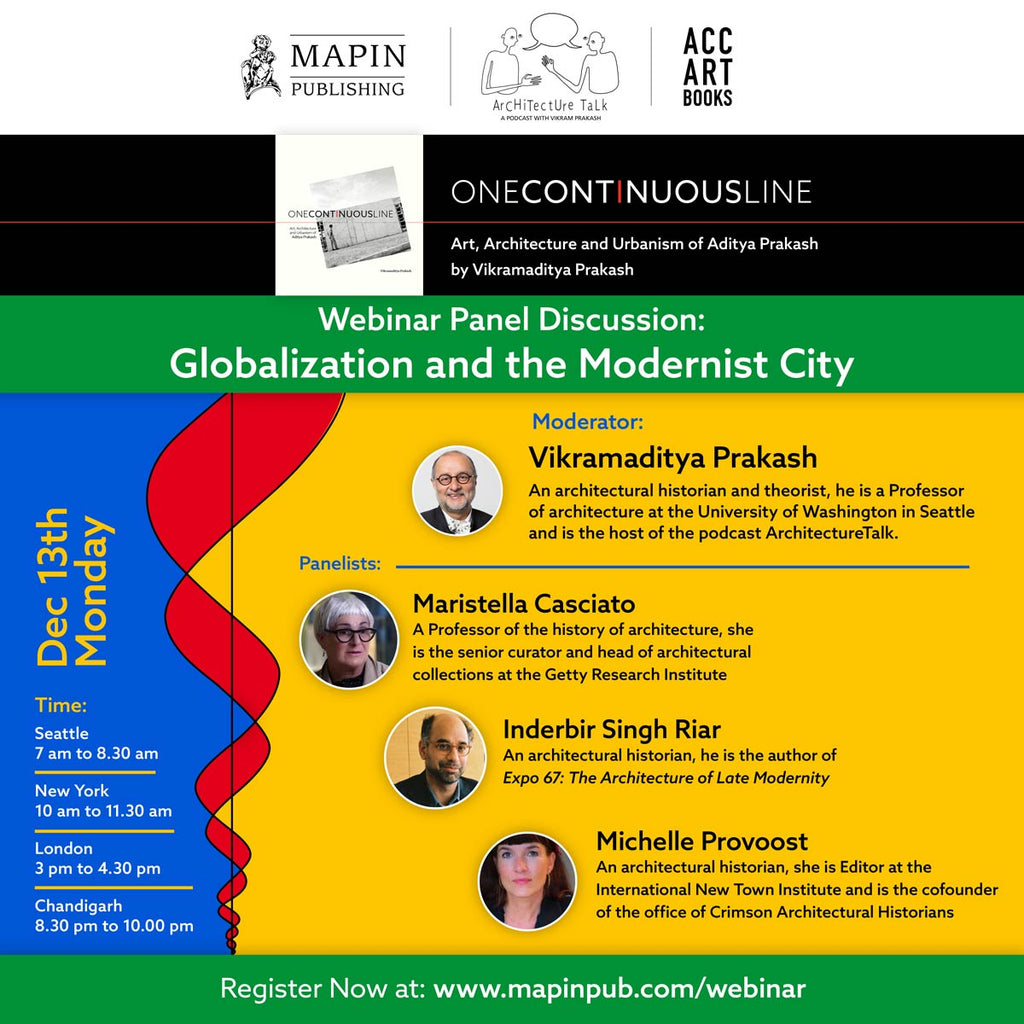One Continuous Line
Art, Architecture and Urbanism of Aditya Prakash
- Category: All Books, Architecture, MAPIN20
Vikramaditya Prakash, an architect, architectural historian and theorist, is Professor of Architecture at the University of Washington in Seattle.
Conceived as an introduction to his vast body of work, this volume is an illustrated narrative, with a series of interspersed visual essays. The book traces his education as an architect, his early modernist works, his deep artistic impulses and his efforts to rally a culture of academic inquiry in the face of political stagnation and apathy. It documents early successes and later frustrations of his life as an architect and academic, and his arguments against the turn to postmodernism in Indian architecture of the early 1980s. The book also provides an interpretive and personal narrative of Prakash’s life and legacy, in order to encourage others to engage with this visionary architect’s oeuvre.
The Aditya Prakash Archives referred to in this book have been acquired by the Canadian Centre for Architecture, Montreal (www.cca.qc.ca).
Dr. Vikramaditya Prakash is an architect, an architectural historian and theorist. He currently teaches at the University of Washington, Seattle, and is the Director of the Chandigarh Urban Lab. He works on issues of modernism, postcoloniality, global history, urban theory, and fashion and architecture. Prakash has authored several books and also hosts a podcast dedicated to conversations on architecture and design thinking.
• Foreword by Maristella Casciato
• Chronology
• Timeline
• INTRODUCTION
• FROM MUZAFFARNAGAR TO LONDON
• THE CHANDIGARH CAPITAL PROJECT TEAM
• DESIGNING THE AGRICULTURAL REVOLUTION
• PRINCIPAL, CHANDIGARH COLLEGE OF ARCHITECTURE
• ON HIS OWN
• CONCLUSION: GLOBAL MODERNISM
| Pages | 292 |
| Number of photographs | 337 colour photographs, 59 drawings |
| Size | 10 x 11” (254 x 280 mm), hardcover |
| Date of Publishing | 2020 |
| Language(s) | English |
| Rights Available | World rights |
oeuvre as a designer, painter and philosopher, and above all as a man positioned in
the complex webbing of modernity, post-colonialism and nation building.”
—Mark M. Jarzombek, Professor of History, Theory and Criticism, MIT





